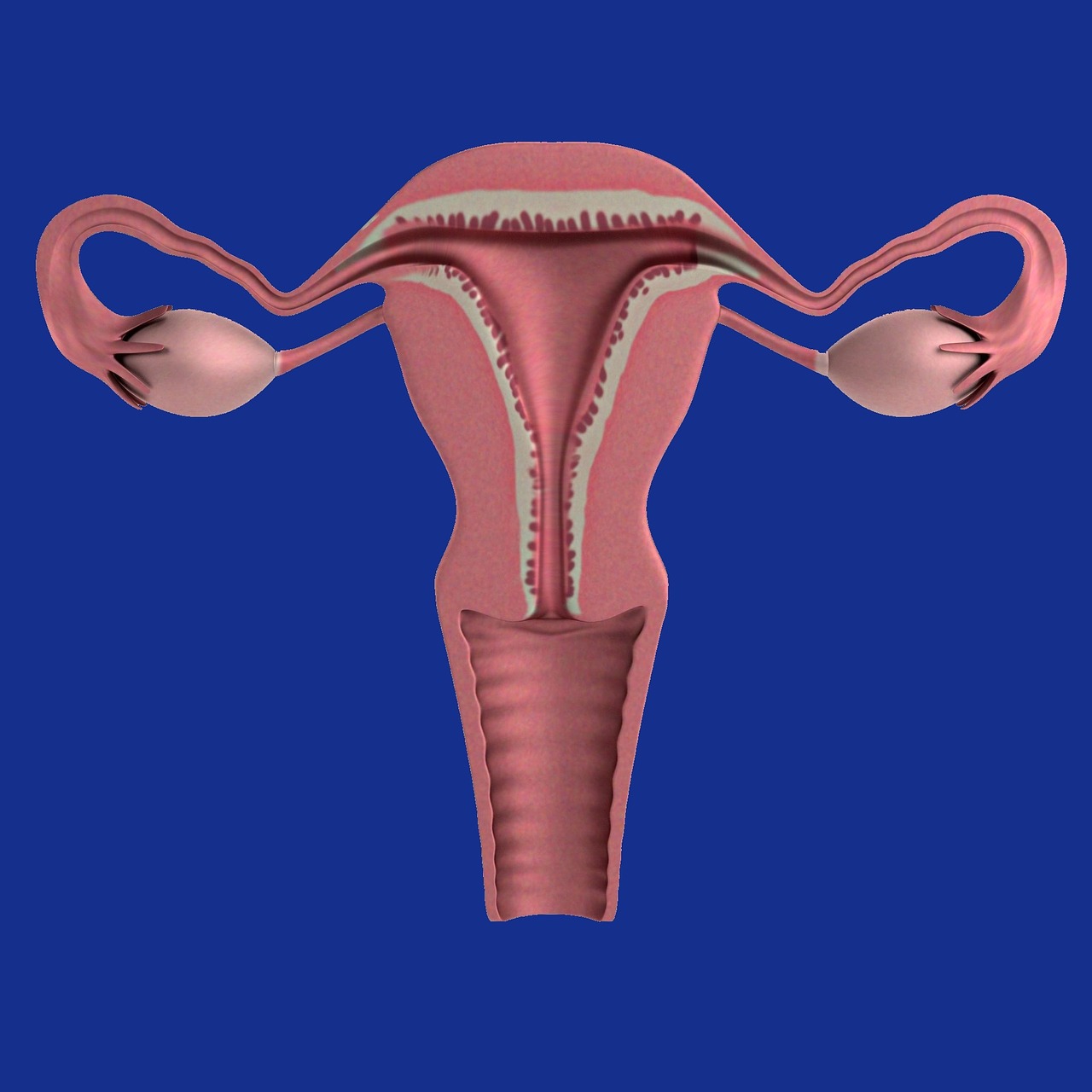PCOS: What is it? How does it affect me? What can I do about it?
Polycystic Ovarian Syndrome is a hormonal condition that affects up to 8% of women in their reproductive years and can have life-long consequences such as infertility, cardiovascular problems including stroke, heart attack and diabetes. Though its name implies that the syndrome is either caused by or mainly affects the ovaries, this is misleading. PCOS is actually a metabolic condition that affects the whole body and is rooted in the body’s ability to metabolize carbohydrates. Thus it is a condition that is often handed down from generation to generation by either a male or female parent.
1 What is PCOS? Simply put, the signs and symptoms of PCOS are the result of the body’s attempt with endocrine/hormone responses to compensate for its sub-par metabolism of carbohydrates. Certain people are not “prewired” to efficiently use sugars because of abnormalities in insulin receptors. This results in the need for increased insulin to effectively use carbohydrates, the chief component of a typical highly-processed, western diet. The elevated insulin levels are responsible for the metabolic and endocrine abnormalities seen in women with PCOS.
2 How might PCOS affect my life? Since PCOS is a condition involving hormones, chemical messengers in the human body, the condition can affect many aspects of life including overall health, fertility, relationships, self-image, menstrual cycles, appearance and finances. Hormones send messages all over the body and often one hormone’s job is to affect another hormone. Both insulin and sex hormones such as testosterone, progesterone and estrogen can become disrupted causing involuntary changes in the body like abnormal hair growth, no or few menstrual periods and/or menstrual periods that are heavy. Weight gain, mostly around the middle of the body, is another outcome of PCOS, though there are patients who have an ideal body mass index but meet other criteria for PCOS.
3 When and how can PCOS be diagnosed? PCOS usually begins in adolescence, which is the ideal time to begin treatment and lifestyle changes to ameliorate long term consequences. PCOS is generally diagnosed via blood tests, pelvic ultrasounds, a physical exam, and a clear understanding of the patient’s history and symptoms. A reproductive endocrinologist or medical endocrinologist are examples of subspecialists who frequently diagnose and treat PCOS.
4 What are symptoms of PCOS? Symptoms includeweight gain, difficulty losing excess pounds, extra hair on the face and body, which is often times coarse and dark, often accompanying loss of scalp hair, irregular periods and infertility. Other symptoms include mental “fogginess” or lack of clarity after consuming simple carbohydrates.
5 What can I do to treat PCOS? Lifestyle changes are central to the treatment of PCOS and include a nutritional plan, maintaining an ideal body weight, and daily exercise such as half-hour to hour-long walks. Avoidance or reduction in simple carbohydrates is key to dietary planning. Protein and fats are the other two forms of fuel of which our food iis comprised, and a diet predicated in moderate lean protein, e.g., lean cuts of meat, lentils and beans; moderate healthy fats, such as olive oil and some dairy fat; sparing or no simple carbohydrates, e.g., soda pop, candy, cookies, bread; and small amounts of complex carbohydrates like many fruits and vegetables is the ideal. Examples of and resources for nutrition planning and resources include Sparkpeople.com, an online nutrition and exercise logging and motivation system, and The Sonoma Diet, a book that advocates the type of nutrition outlined above. A consultation with a registered dietician can provide meal ideas and feedback about your nutrition and help stabilize blood sugar levels and reach ideal body mass. Supplements such as cinnamon, 1000 mg, (about a teaspoonful) three times per day and chromium picolinate 200 mg, three times per day can help stabilize blood sugar. These substances can be found together in handy capsule form from Spring Valley available at Wal-mart. For some patients medications such as Metformin are also needed. Loss of as little as 5% of your body weight, if your BMI (body mass index) is above 23, may significantly improve your carbohydrate metabolism and reduce long-term health probelmes. Diet and exercise can help accompoish weight control and use of the Zerona lipo-reduction laser can initiate this goal.
6 What increases my chances of staying healthy? Following the life style changes outline above can dramatically reduce the likelihood of suffering some of the significant, long-term health consequences of PCOS.
Albrecht Women’s Care specializes in caring for women affected by PCOS, from adolescence throughout life. Our Lifetime Care Center for PCOS is a comprehensive diagnostic and treatment center, existing to treat those affected by PCOS and to disseminate information about the syndrome to professionals, patients, and the public.










